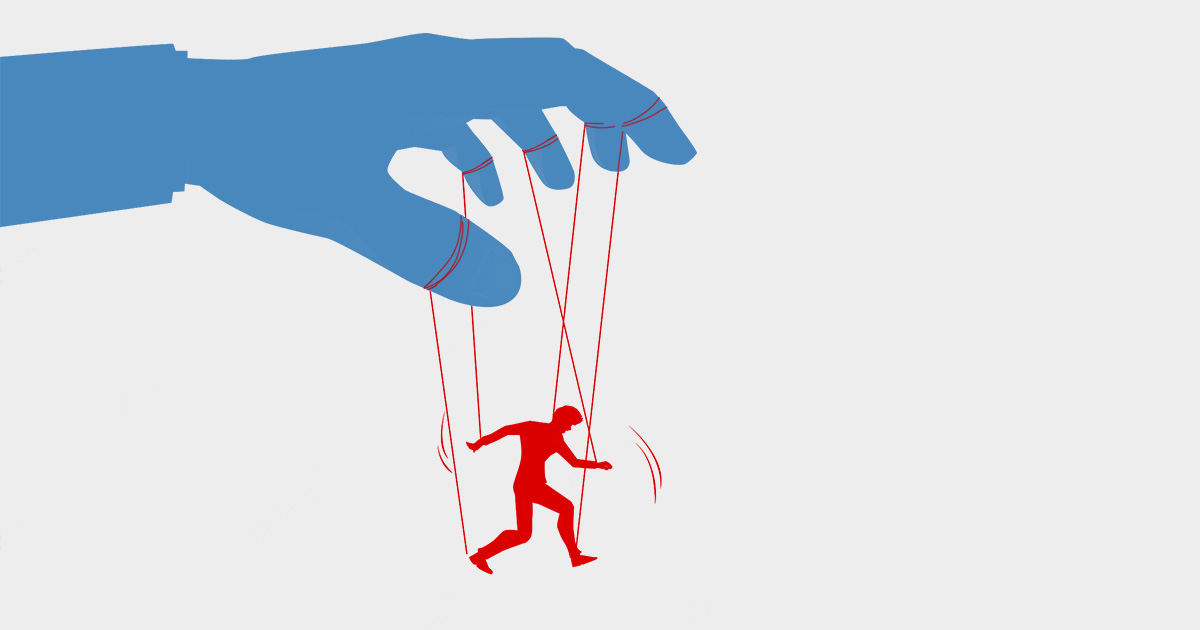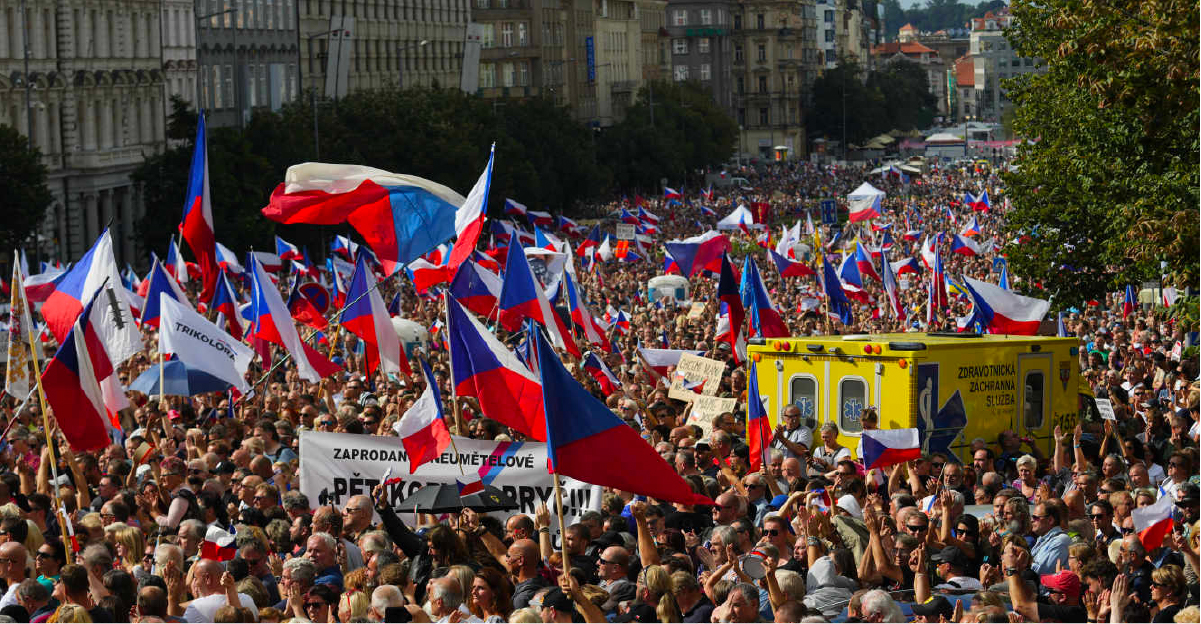Is Russia fomenting protests in Europe?

On September 3, seventy thousand people came to a rally against Ukraine in Prague. Annual inflation hit levels that Czechs had not seen since the nineties - in July 2022 it amounted to 17.2%.
Now, just like in the 90s, prices in the Czech Republic are rising not because of erroneous state regulation of the economy. These crises are united by an external economic shock, the source of which being the Kremlin. However, if in the 90s the reason was the uncontrolled collapse of the Soviet empire, the situation is different now - Russia seeks to spread chaos in Europe.
However, the protesters did not care about that: they are concerned that the usual way of life is becoming unaffordable due to rising prices. They fear that in the autumn, heating bills will deprive them of any excess income. The energy crisis began back in 2021 when Bohemia Energy went bankrupt. Therefore, in the case of the Czech Republic, Russia's energy blackmail has only exacerbated the increase in prices on the domestic market.
Support for the ruling Civic Democratic Party is falling. According to an August opinion poll, the party lost its leadership and ranks second after the populist ANO (Akce nespokojených občanů).
"In its campaigns, this party emphasizes that the current government helps Ukrainian refugees more than Czechs," explains Bohemian studies scholar from Charles University Bohdan Zaitsev.
The leader of the Civic Democrats and Prime Minister Petr Fiala only worsened the situation with his reaction to the protest. He said that pro-Russian sentiments were widespread among the protesters. This remark caused a flurry of indignation. Fiala was criticized even by fellow party members.
"There were not 70 thousand pro-Russian trolls on the square," said Martin Kuba, former head of the Civic Democrats Party.
Zaitsev echoed this opinion: "The protests brought together very different people: both citizens concerned about the rise in electricity prices and pro-Russian forces, anti-vaccinationists and even supporters of the idea of a Jewish conspiracy," the expert said.
Organizers
Among the organizers of the protest there were many people controlled or used by Russian special services. On the stage, there was a Czech videographer Žarko Jovanović , who worked for the Russian army's TV channel Zvezda.
Ex-parliamentarian Lubomyr Volný, who previously denied the effectiveness of vaccination against coronavirus and promoted ivermectin, an antiparasitic veterinary drug, spoke at the rally. When Russia launched a full-scale invasion, Volný praised Putin and thanked the Russian army for the "peaceful campaign".
Czech communist Josef Skála also joined the protest. In 1968, he supported the Soviet occupation of Czechoslovakia and justified it in the collaborationist press.
Demands
Protest movement's program was also distributed. Among the demands:
- To conclude direct gas contracts with Russia in order to receive fuel at a low price.
- To make the Czech economy fully self-sufficient, particularly in the food industry and electricity. This contradicts the basic principles of international trade and the European integration process.
- To achieve "military neutrality" despite the Czech Republic's membership in NATO.
- To return all Ukrainian refugees to Ukraine after the end of the war. Protesters believe that the acceptance of Ukrainians is "planned measures to erode the nation".

Policy on protests
The organizers managed to get support because the program was simple and clear. Economic hardship also contributed to this.
However, there is no reason to believe that all 70 thousand protesters support Russia. According to a study by the Globsec Think Tank, 84% of Czechs consider Russia a threat.
"The protests in Prague should not be interpreted as an openly anti-Ukrainian gesture, it has primarily domestic political reasons," Zaitsev says.
Instead, Russia is trying to use the existing protest potential in the society. Russia has resorted to this tactic of fomenting protests before. This was the case in 2020-2021, when in every European country there were protests of people who denied the existence of the coronavirus. However, Russia did not achieve significant results.
However, the country will continue to try to disrupt Euro-Atlantic unity, using all available tools, including controlled "activists".
Instead, EU member states should realize that the war will not end quickly. According to Bloomberg columnist Maria Tadeo, the EU must take care of its citizens and soften the economic blow. Otherwise, Europeans will become easy prey for Russian propaganda. Then the Prague protest will be only the beginning.


